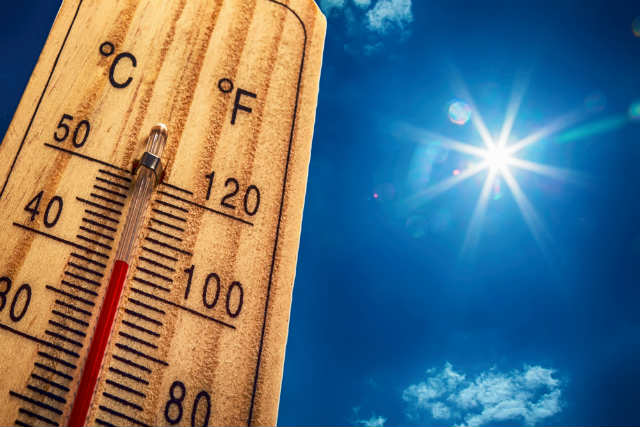
During summer it is common to experience long spells of extreme heat. During these heatwaves, it is very easy to become dehydrated or overheated which can lead to a number of heat related conditions such as heat cramps, heat exhaustion or worse still, heat stroke.
During summer it is common to experience long spells of extreme heat. During these heatwaves, it is very easy to become dehydrated or overheated which can lead to a number of heat related conditions such as heat cramps, heat exhaustion or worse still, heat stroke.
Other common risks of heat waves are power outages and bushfires.
It’s important to understand the effects that extreme heat can have, who is most at risk and how to prepare for and cope during times of extreme heat.
Who is at risk?
While everybody can be susceptible to dehydration or heat stress during a heat wave, some people can be particularly at risk of heat related problems, such as older people and those suffering from chronic illness, young children and even pets.
How to prepare for a heat wave
There are a few things you can do to prepare when periods of extreme heat have been forecasted.
Some ways to prepare for a heat wave include:
- filling a bath or with water before the heat comes to help you cool down but try to avoid extreme temperature changes
- keeping your blinds or curtains drawn to block out the heat
- having items such as a torch, a battery operated fan, extra batteries, bottled water and first aid kit on hand in case of a power outage
- keeping plenty of bottles/jugs of drinking water in a cool dark place
- wrap medications that need to be refrigerated (such as insulin pens) in foil or place in an heat repellent container with some ice in case of power failure
- if a cool change is forecast for the evening, open up the house to let cool air through.




